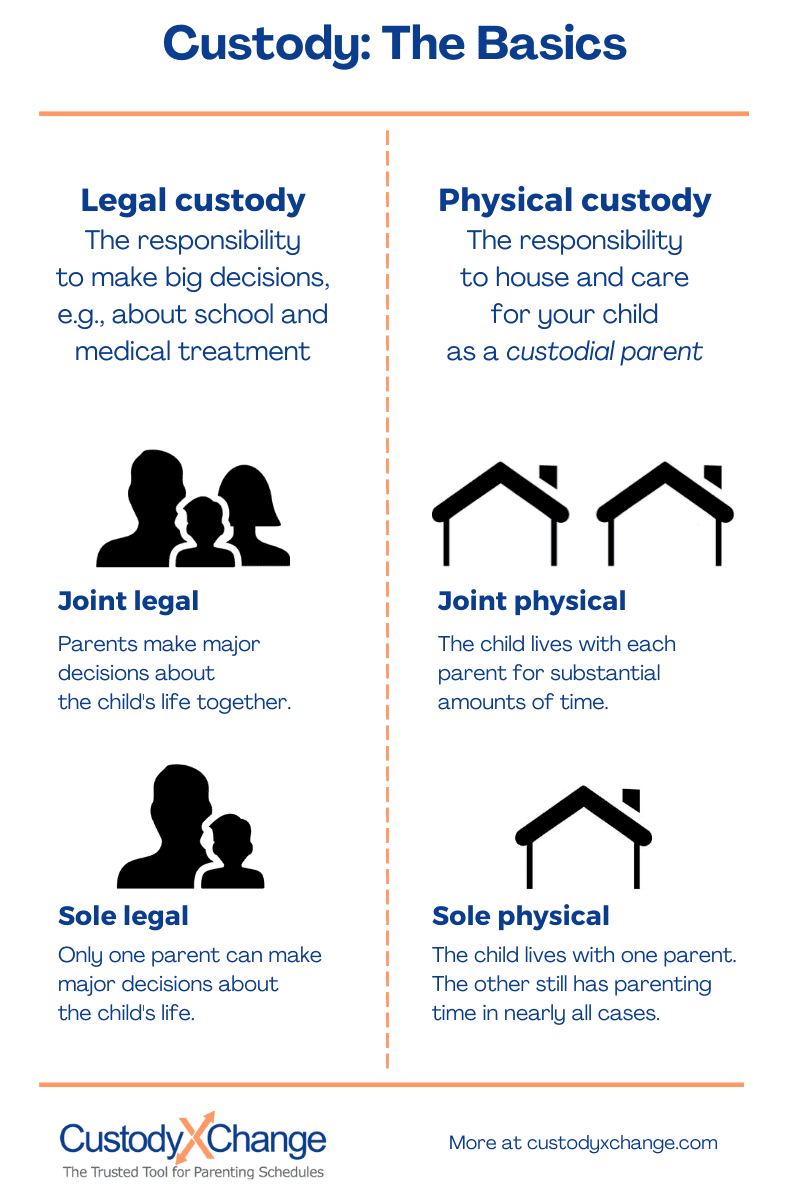
Child Custody Laws: Navigating Family Legal Dynamics
Family dynamics can become complex, especially when it comes to child custody matters. Understanding the intricacies of child custody laws is crucial for parents navigating the legal landscape during challenging times. In this comprehensive guide, we unravel the nuances of child custody laws, shedding light on the legal considerations that shape family outcomes.
Types of Custody Arrangements: Diving into Legal Jargon
Child custody laws recognize various types of custody arrangements, each with its own implications. Physical custody determines where the child resides, while legal custody pertains to decision-making authority. Sole custody grants one parent exclusive rights, while joint custody involves shared responsibilities. Familiarizing oneself with these terms lays the groundwork for informed discussions and legal proceedings.
Factors Influencing Custody Decisions: Balancing Best Interests
Courts prioritize the best interests of the child when making custody decisions. Factors such as the child’s age, emotional ties with each parent, and stability of home environments are considered. Courts also assess parental willingness to facilitate the child’s relationship with the other parent. Understanding these influencing factors provides insight into how custody determinations unfold.
Legal Custody: Deciding on Important Matters
Legal custody involves decision-making authority regarding significant aspects of a child’s life, including education, healthcare, and religious upbringing. Child custody laws aim to ensure that both parents have the opportunity to contribute to these decisions, fostering the child’s well-rounded development. Communication and cooperation between parents become crucial in shared legal custody arrangements.
Physical Custody: Navigating Living Arrangements
Physical custody determines where the child resides and the visitation schedule for the non-custodial parent. Child custody laws encourage arrangements that allow for meaningful and consistent contact with both parents. Crafting a parenting plan that addresses the child’s needs and schedules requires cooperation between parents and, if necessary, mediation or court intervention.
Sole Custody: When One Parent Bears Responsibility
Sole custody grants one parent exclusive rights and responsibilities for the child. This arrangement is typically considered when the court determines that joint custody may not be in the child’s best interests. Child custody laws weigh factors such as parental cooperation, history of domestic violence, or substance abuse when deciding on sole custody arrangements.
Joint Custody: Shared Responsibilities for Co-Parenting
Joint custody emphasizes shared responsibilities and decision-making authority between parents. This arrangement promotes ongoing involvement of both parents in the child’s life. Child custody laws encourage cooperative co-parenting, where parents collaborate on major decisions and work together to create a stable and nurturing environment for their child.
Modifications and Enforcement: Adapting to Changing Circumstances
Child custody arrangements may need modifications over time due to changing circumstances. Child custody laws recognize the need for flexibility and allow parents to seek modifications when warranted. Similarly, enforcement mechanisms ensure that custody orders are adhered to, and non-compliance may lead to legal consequences.
Grandparent Visitation Rights: Extending Family Bonds
Child custody laws also consider the rights of grandparents to visit their grandchildren. In certain situations, grandparents may petition the court for visitation rights if it is deemed in the child’s best interests. Recognizing the importance of extended family relationships, child custody laws aim to balance the rights of grandparents with parental decision-making authority.
Legal Assistance: Navigating the Legal Maze
Navigating child custody laws can be challenging, especially during emotionally charged family situations. Seeking legal assistance is crucial to understanding one’s rights and responsibilities. Expertise in family law helps parents make informed decisions, negotiate parenting plans, and, if necessary, represent their interests in court. Legal guidance becomes a compass in navigating the complex legal maze of child custody.
Child Custody Laws: Expert Guidance for Family Dynamics
To explore the intricacies of child custody laws and receive expert guidance tailored to your family’s unique situation, visit josslawlegal.my.id. Our legal experts specialize in unraveling the complexities of child custody, offering insights and support to navigate family legal dynamics effectively.
Child custody laws are not just legal provisions; they shape the foundation of family dynamics during challenging times. By understanding the nuances, cooperating with the co-parent, and seeking expert legal guidance, parents can navigate the complexities of child custody with the best interests of their children at heart.


